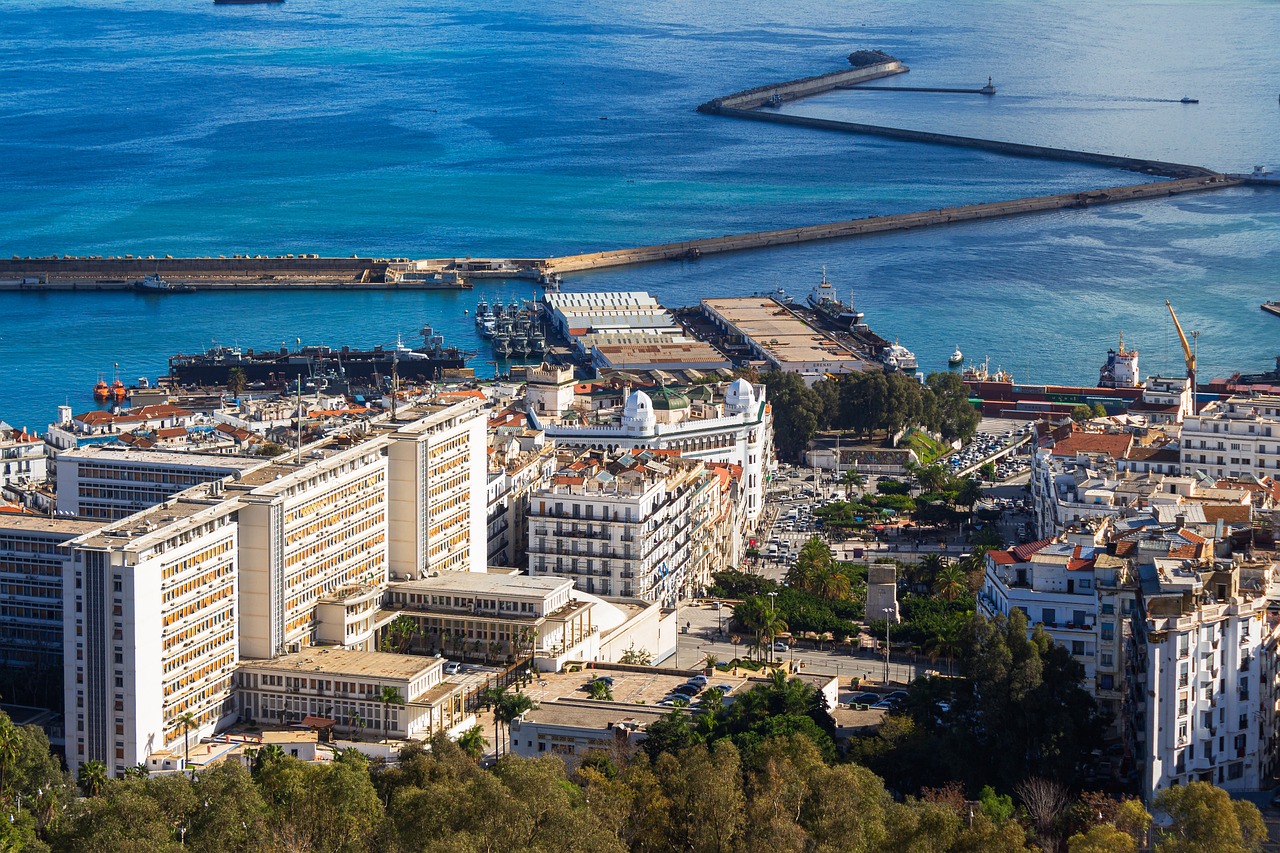
Algiers
Algeria
GOVERNMENTAL DESTINATION
General information
Algiers, the capital of Algeria, is a city with a rich history and a vibrant blend of cultures, located along the Mediterranean coast. Known as 'Algiers the White' for its gleaming white buildings, the city is a significant political, economic, and cultural center in North Africa. Algiers plays a pivotal role in regional diplomacy and international relations, particularly in the context of the Arab world and Africa. The city's strategic location, combined with its modern infrastructure and historical significance, makes it an ideal destination for governmental and institutional travel, especially for discussions and agreements related to African and Mediterranean affairs.

Testimonials
Abdelmadjid Tebboune, President of Algeria: 'Algiers is not just the capital of Algeria, but also a place where Africa and the Arab world meet, making it a perfect venue for international dialogue.' (Source: Speech at the African Union Summit 2020). Antonio Guterres, UN Secretary-General: 'Algiers plays a crucial role in regional stability and cooperation, and it is a key partner for the United Nations.' (Source: Remarks at the UN-Algeria Partnership Meeting 2019). Ahmed Aboul Gheit, Secretary-General of the Arab League: 'Algiers's unique position in North Africa makes it an essential location for regional diplomacy and cooperation.' (Source: Interview in Al Jazeera 2021).
Importance of the GITT sector
Algiers is a key hub for diplomacy and international relations in North Africa. Its strategic location, along with its rich cultural heritage and modern infrastructure, makes it a preferred destination for high-level governmental meetings and international events. The city is recognized for its ability to host significant diplomatic gatherings, serving as a platform for regional and global discussions, particularly within the African Union and the Arab League.
Diplomacy and institutions
Algiers hosts over 90 embassies and numerous consulates, representing countries from around the world. The city is also home to several important international organizations and institutions, such as the African Union's North Africa Regional Office and the Arab Maghreb Union, underscoring its importance as a center for diplomacy and international cooperation.

Rail and conections
Algiers is well-connected by rail to other major cities in Algeria and has an expanding metro and tram network within the city, which facilitates internal mobility. The city's public transportation system includes buses and taxis, but private transportation services with drivers are preferred by official delegations to ensure security and privacy during their movements within the city.

Airports
Algiers is served by Houari Boumediene Airport, located about 16 kilometers from the city center. The airport handles both commercial and private flights, providing VIP services for official delegations, including private lounges and enhanced security measures.

Venues
Algiers offers a variety of venues suitable for hosting governmental events, including the Palais des Nations, the International Conference Center (CIC), and the El Aurassi Hotel. These venues are equipped with modern technology, high security standards, and are well-suited for hosting international summits and meetings, ensuring a secure and efficient environment for diplomacy.
Economic, social and cultural impact of the sector on the destination
Governmental and institutional events in Algiers account for approximately 10% of the total spending on tourism and events in the city. These events generate significant revenue for the local economy, particularly in the hotel and restaurant sectors, and reinforce Algiers's position as a key center for international diplomacy, promoting social cohesion and cultural exchange.

Governmental events
Algiers has hosted numerous important international events, including the African Union Summit in 2000, and the OPEC Ministerial Meetings. These events highlight Algiers's role as a significant venue for international cooperation and dialogue in North Africa.

Sustenability and RSC
Algiers has implemented various initiatives to ensure that governmental events are sustainable, including the use of renewable energy in major venues and the promotion of recycling practices. The city is also focused on reducing its carbon footprint through the development of public transportation and the implementation of environmental measures in event planning.